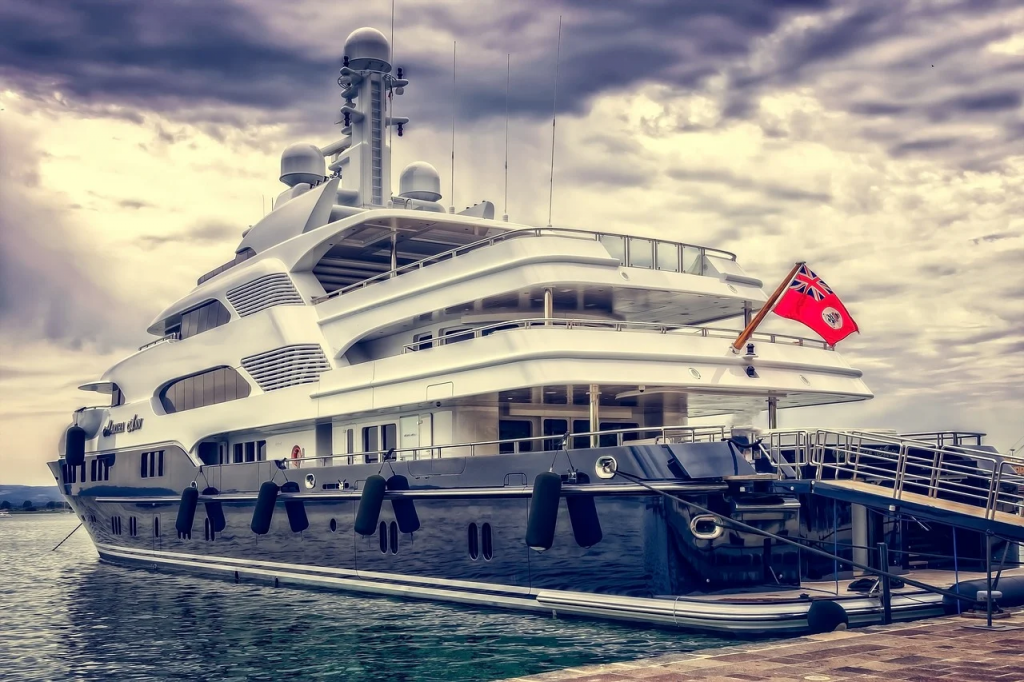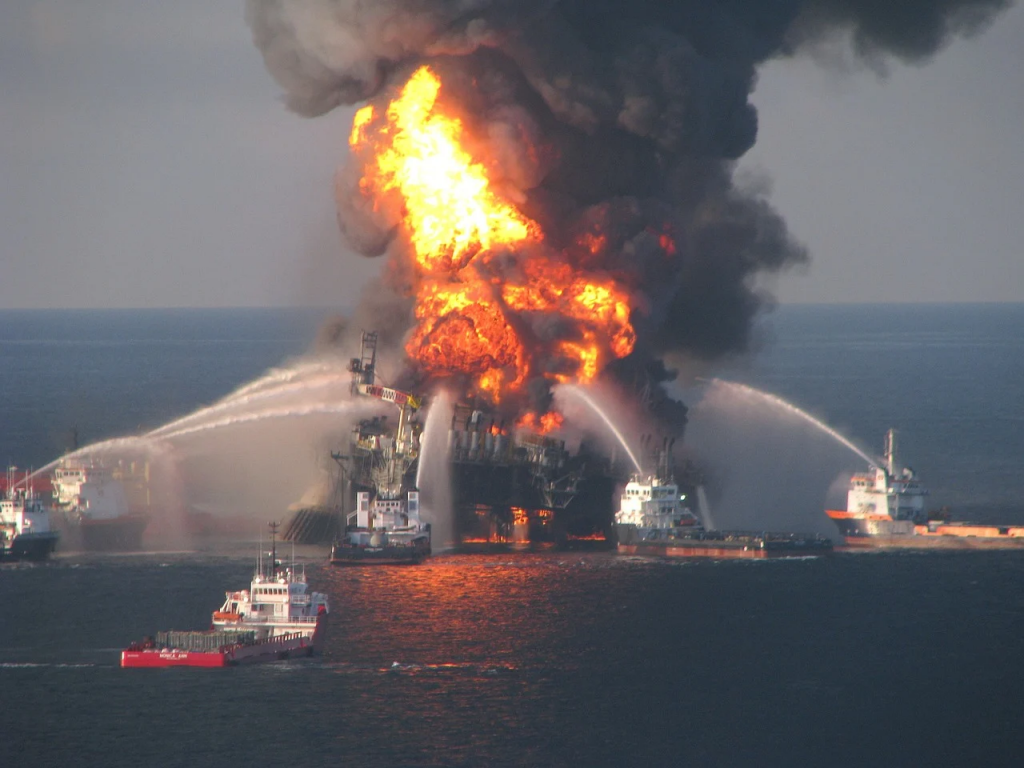
Sometimes it is nice to explore the ocean, harbor, or seaside on a rented boat. Whether you’re hiring for a day, week, or month, getting away on a boat can be a lovely escape from the city-dwelling life most of us lead. Renting is an easy way of doing this without splashing out on your own boat!
There are risks when out at sea, though. One of the most dangerous situations you could possibly find yourself in would be a fire on a boat. With that in mind, let’s take a look at the best ways you can avoid ever finding yourself in the situation where there’s a fire or an explosion on your rental vessel.
The Danger Of Fire On A Boat
Fire anywhere is dangerous. We all know this. However, a full-on fire on a boat when out on the water is potentially quickly catastrophic. First of all, you could find yourself in this dangerous situation miles from anyone else who is able to help. Though there are coastguards and other organizations able to help you with fire, it may be a long time before they reach you.
Secondly, today’s boats are made out of composite materials and fiberglass. This makes them extremely flammable, extremely quickly. These materials don’t just burn rapidly, they also kick out a huge amount of toxic smoke, which can be just as dangerous as the fire itself.
Accidents Cause Severe Injuries
So, fire is clearly extra dangerous on a boat. You could definitely find yourself seeking an injury attorney if the fire was caused by someone else, as it could easily leave you with life-changing injuries. Burns, smoke inhalation, or injuries from falling from the boat can all combine to turn this into a really nasty day.
Of course, a great injury lawyer would be able to help you get compensation in a situation like this, but you’d probably never end up in this painful situation in the first place!
An Expensive Mistake
The other issue you may discover after a horrible accident like this is that you end up causing expensive damage to this boat. If it is proven to be your fault, you may be liable for any damages to the boat or for other people’s injuries. So, it seems the best way to avoid all of this is to never let a fire break out!

Steps To Take:
OK, it’s time to take a look at the best ways you can fire-proof your boat or prevent fire from breaking out. Take a look at the steps below and make sure they are all enforced on your rental boat.
No Smoking!
Just like the advice for smoking in bed or on soft furnishings in your home, you should avoid smoking below decks on a boat. These areas can create the perfect conditions for a fire to grow quickly and become out of control before you know it. Smoking should be strictly restricted to the upper decks – and please dispose of all cigarettes properly!
Gas Maintenance
Now, we know you’re on a rental boat here, but it is always best to check any butane or propane gas on board before setting off. If there are gas canisters and pipes onboard, make sure you check them all before each journey. Check for any signs of leaks and if there are any, open all windows below the deck to ensure there is no gas building up. A build-up of flammable gasses is the last thing you need.
Safe Cooking
When it comes to cooking onboard, you need to be responsible. Obviously, a boat is in motion at all times, so cooking with large amounts of frying oil or other flammable liquids is probably best avoided. Be extra careful and responsible with all the common cooking dangers, too. Make sure open flames are treated with respect and all utensils are carefully put away.
Smoke Detectors
Before setting off on your journey, check any smoke detectors there are on the boat. If you happen to hire a boat and can’t find any smoke detectors, insist on the hiring company installing both smoke and gas detectors before you sail. They should be an included part of the hire, for both your safety and the companies.
If hiring a boat can be fun and rewarding, it can also be dangerous and scary in the event of a fire. Hopefully, you’ll never have to experience a fire if you follow all the steps above onboard. They are rare, especially if the people on board are aware of all of these fire safety measures.


